
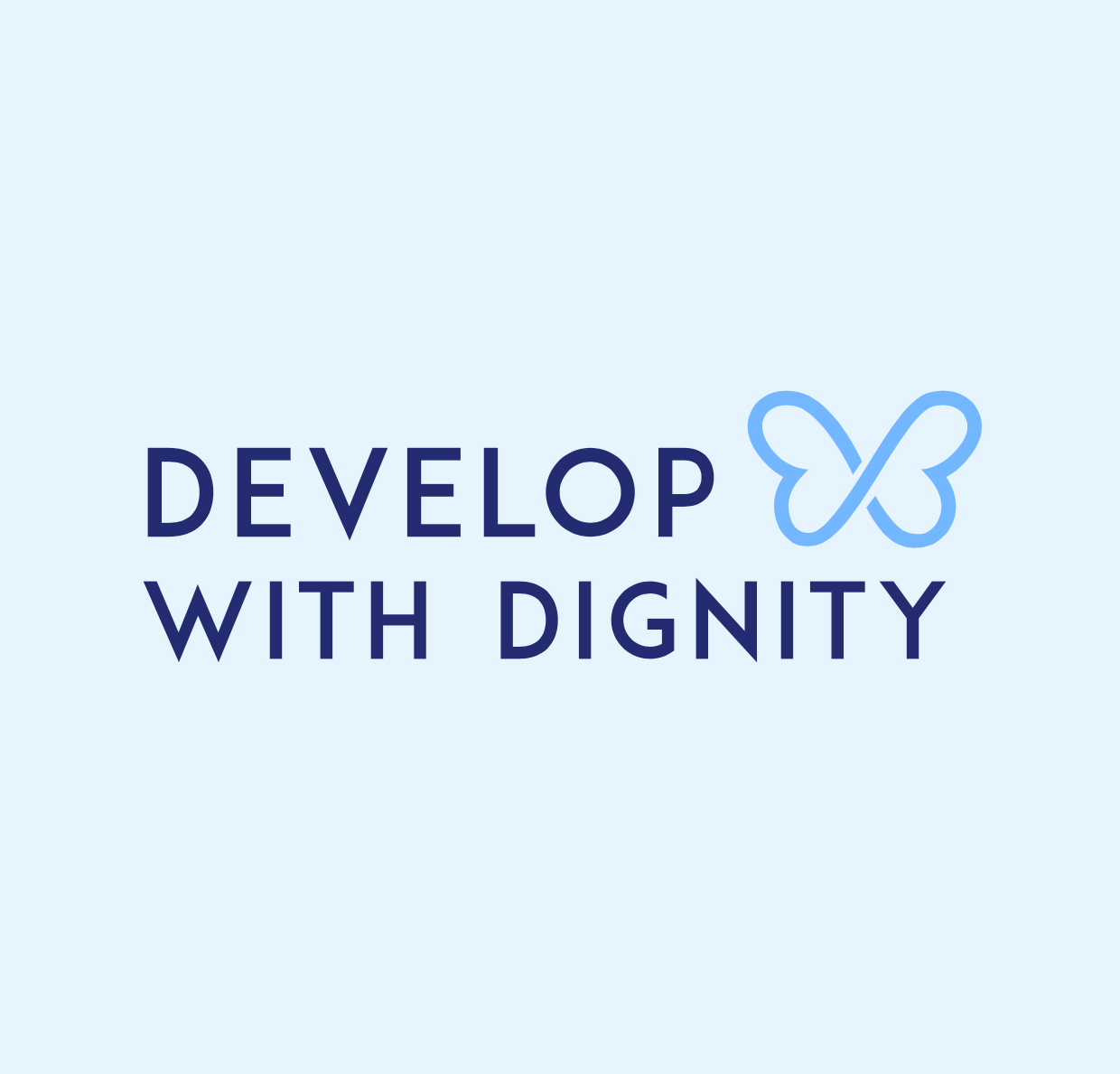

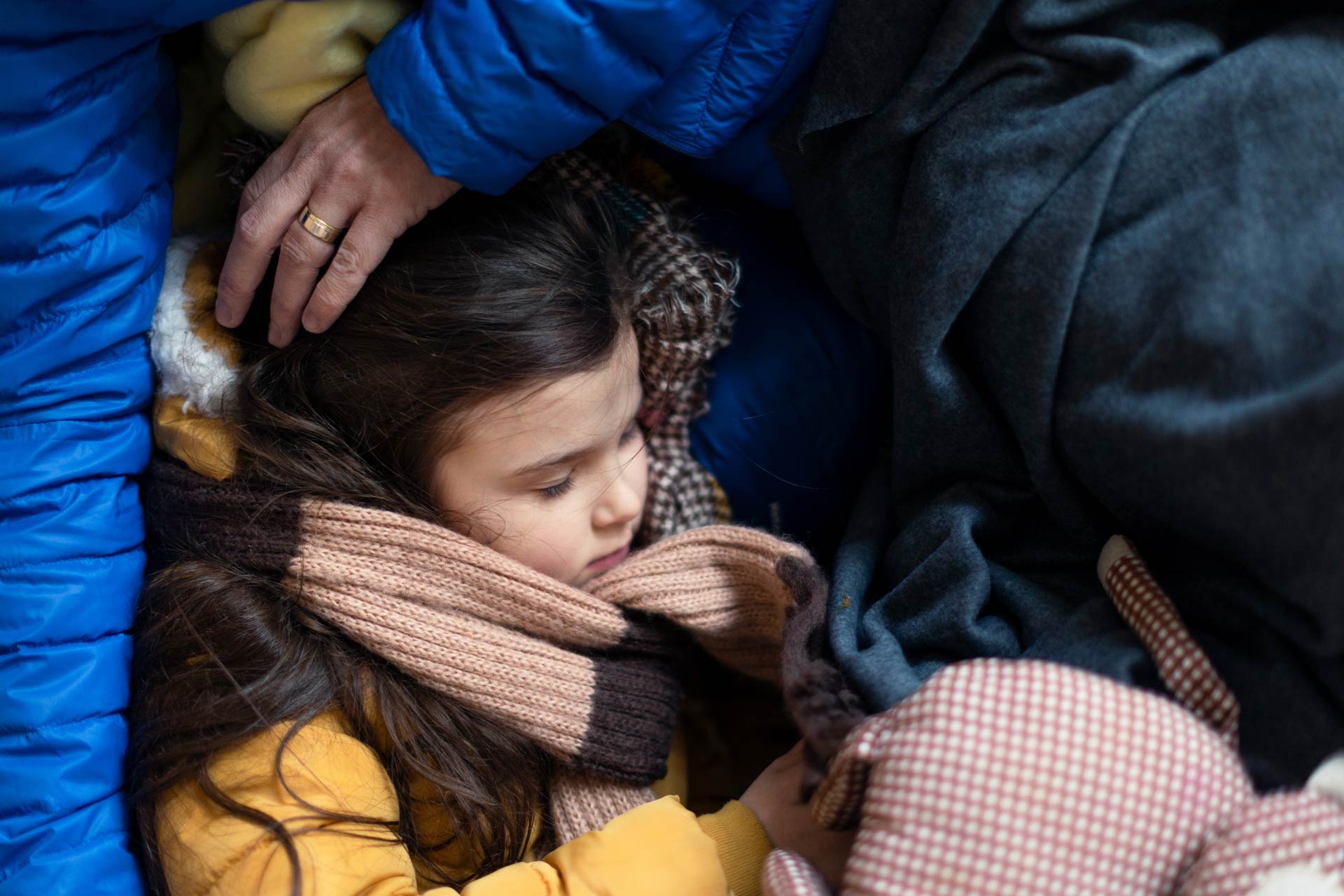
Teams4U have been working in Uganda since 2006 with Ben Omoding, and his amazing team. Our projects together focus on removing barriers to education and improving the access and quality of available healthcare.
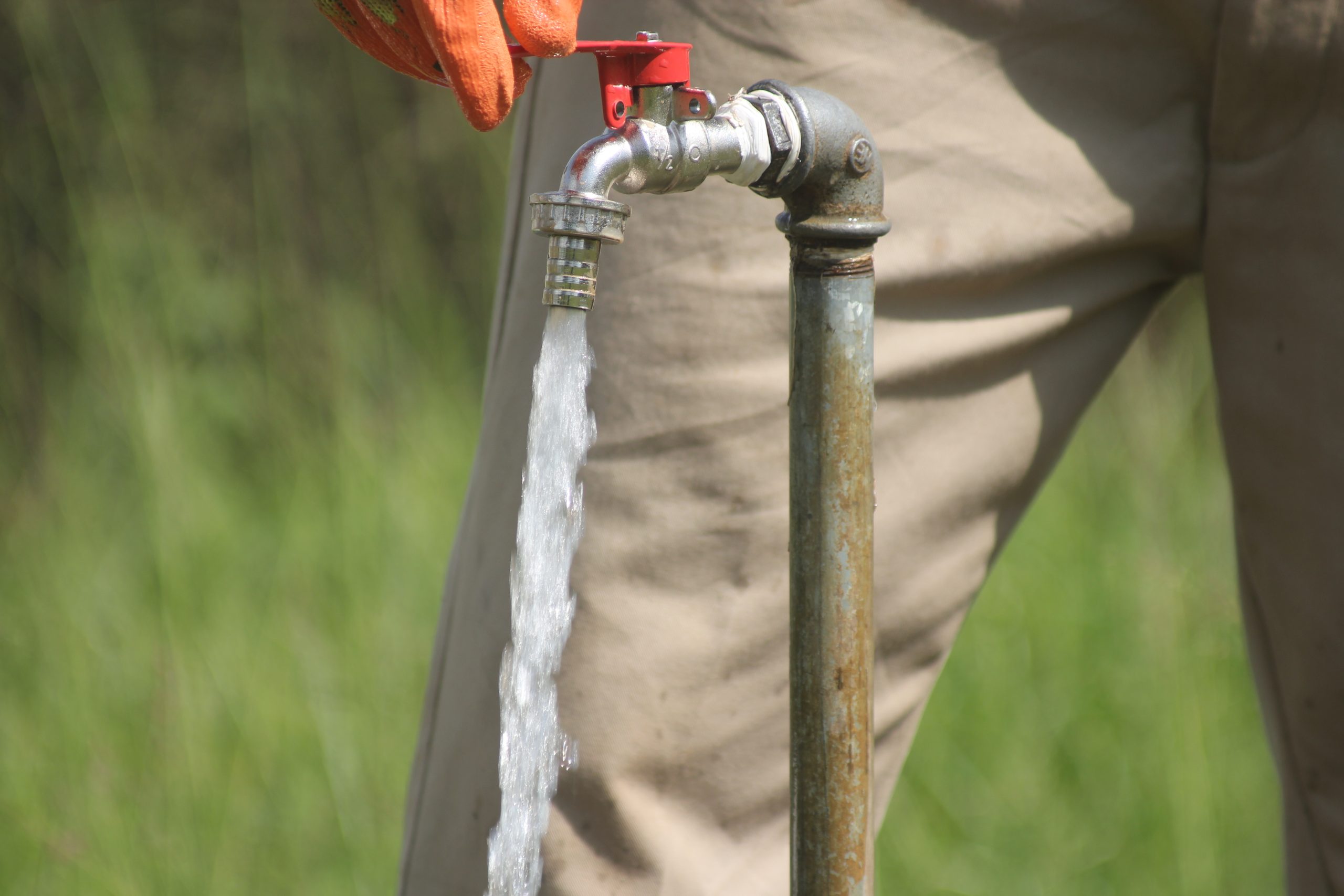
As the staff we are no longer fetching water from outside. I remember, some time back ago, it was so hard for us to get water. We had to move kilometres, at the same time you had to work. But I must say [this project] it has made our work easy. Also to the community around, as they are coming to access other services here in this facility, you find that you may tell a patient that you can swallow this medicine right now (as there is drinking water onsite).
Norah, Nurse, Nyero HC III
How do we encourage and support girls to go to school and stay in education?
There are approximately 10,500 schoolgirls aged 12-16 in the Kumi District. Over 6,300 will drop out of education before they graduate. One of the biggest reasons for this is the days every month, they lose because of menstruation.
Since August 2015 we have begun distributing washable supply kits of sanitary towels to schoolgirls in Kumi alongside underwear and menstrual health education.
Our survey of over 600 schoolgirls who have benefited from our programme, has shown a 45% jump in school attendance!
Just £5 provides 1 schoolgirl with her pack of washable sanitary pads. Together we can stop school drop-outs and give 20% of the academic year back to these children.
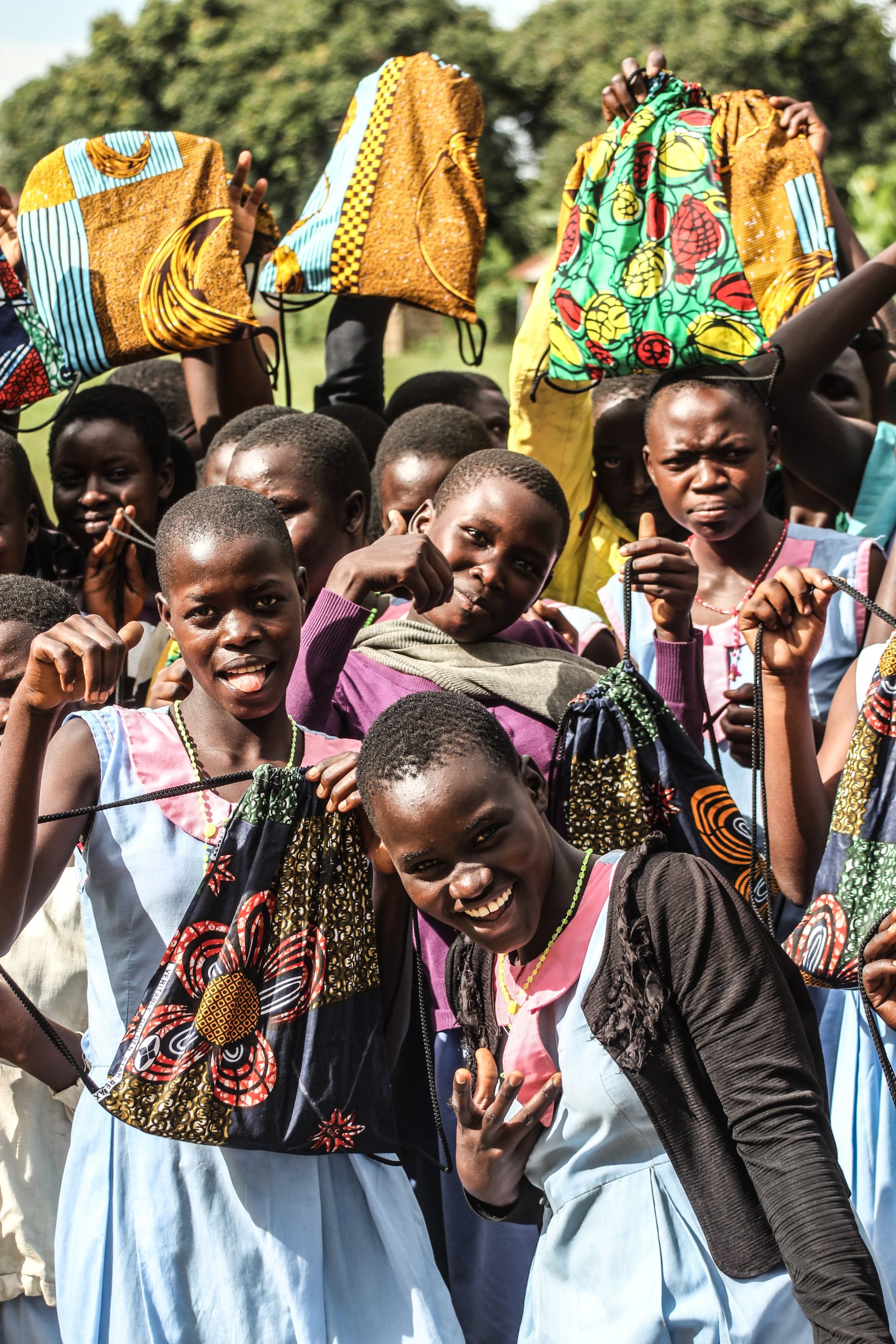
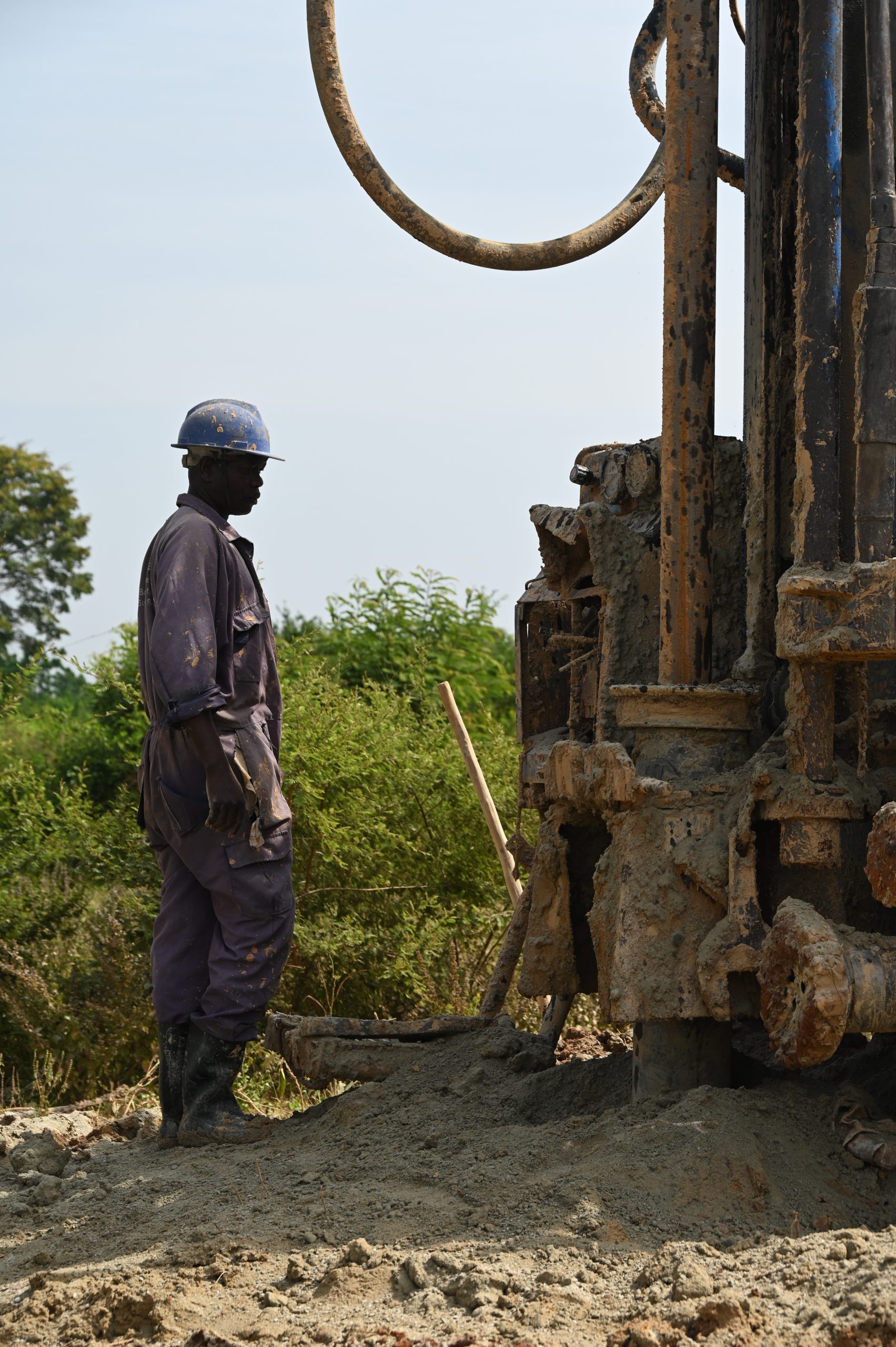
Over 70% of the disease burden in Uganda is preventable and most transmissible infections can be prevented through reliable access to clean water, and handwashing with soap.
Access to clean water and sanitation varies throughout Uganda, with rural areas requiring a significant level of investment in relation to more urban centres. Over 43% of those living in rural Uganda can’t access a clean water source less than 30mins from their house; and 91% have no access to piped (running) water.
This not only affects households but hospitals, health services and schools too.